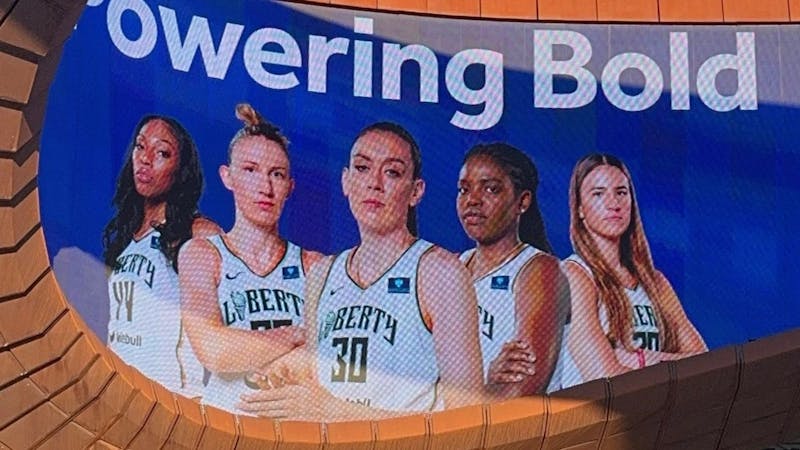The Women’s National Basketball Association (WNBA) is at a pivotal moment as players demand fair compensation amid significant league growth. Over the past two years, attendance has soared, and viewership has reached record highs, driven by emerging talents like Caitlin Clark, Angel Reese, and Paige Bueckers. Veteran players such as A’ja Wilson, Alyssa Thomas, and Napheesa Collier have also gained newfound respect. However, as the league continues to evolve, players are pushing back against the existing financial framework, risking a potential work stoppage if their demands are not met.
The current negotiations for the Collective Bargaining Agreement (CBA) are crucial. The CBA outlines the terms of employment, including salaries and benefits, and was initially set to last until 2027. Following the league’s rapid growth, players opted out of the previous agreement, seeking a structure that reflects the increased revenue and audience engagement. Nneka Ogwumike, president of the Women’s National Basketball Players Association, emphasized, “The players are still adamant that we get a percentage of revenue that grows with the business.”
Despite the league’s financial success, players currently receive only about 9% of league income, with salaries constituting under 7% of total revenue. In stark contrast, NBA players benefit from receiving nearly 50% of basketball-related income. The disparity has prompted calls for new compensation models that align player earnings with league profitability.
Improved working conditions are also a focal point for players. They are advocating for charter travel standards, enhanced safety measures, and better support services. This push comes amidst ongoing challenges related to league leadership and officiating. For instance, Napheesa Collier recently highlighted these issues by organizing a campaign during the 2025 All-Star Game. Players donned shirts reading “Pay Us What You Owe Us,” showcasing their frustration with the current state of affairs.
Collier’s concerns escalated following a serious ankle injury during a semifinal game, which was compounded by her head coach, Cheryl Reeve, being ejected for protesting officiating inconsistencies. In a candid statement, Collier criticized the league’s leadership, stating, “We have the best players in the world. We have the best fans in the world. But right now, we have the worst leadership in the world.” She described the current situation as “self-sabotage,” pointing to the need for accountability and consistency in officiating.
The discussion intensified when Collier shared her experiences with Cathy Engelbert, the WNBA commissioner. During a conversation about officiating, Engelbert reportedly dismissed concerns by stating that “only the losers complain about the refs.” Furthermore, Collier claimed Engelbert suggested players should be “on their knees” in gratitude for the opportunities the league provides, reflecting a disconnect between leadership and the players’ perspectives.
The comments from Engelbert have sparked backlash among fans and players alike. Following Collier’s statements, many have rallied in support of her, including A’ja Wilson, who expressed her dismay over Engelbert’s remarks. “I was honestly disgusted by the comments that Cathy [Engelbert] made,” Wilson stated during a press conference. Social media reactions have also shown widespread approval of Collier’s stance, with Angel Reese stating, “10/10. No notes!” in support of her position.
Engelbert has since defended her comments, expressing disappointment over how Collier portrayed their conversation. She has reiterated her commitment to remaining as the league’s commissioner, despite the growing discontent among players and fans. During a recent trophy presentation for the Las Vegas Aces, she faced boos from the crowd, underscoring the public’s discontent with her leadership.
The WNBA is at a crossroads. While negotiations focus on salary caps and free agency, they also touch on deeper issues of respect and recognition for players who have propelled the league to new heights. As Collier aptly noted, “sustainability without accountability is not sustainable.” The stakes are high, not just for the current players but also for the future of women’s basketball.
This moment is significant for the league, reflecting a broader movement within sports. Players are not merely seeking higher wages; they are fighting for respect and equity—a message that resonates with young girls aspiring to follow in their footsteps. The WNBA has the potential to lead by example, but that requires genuine engagement with its players and a commitment to shared success.







